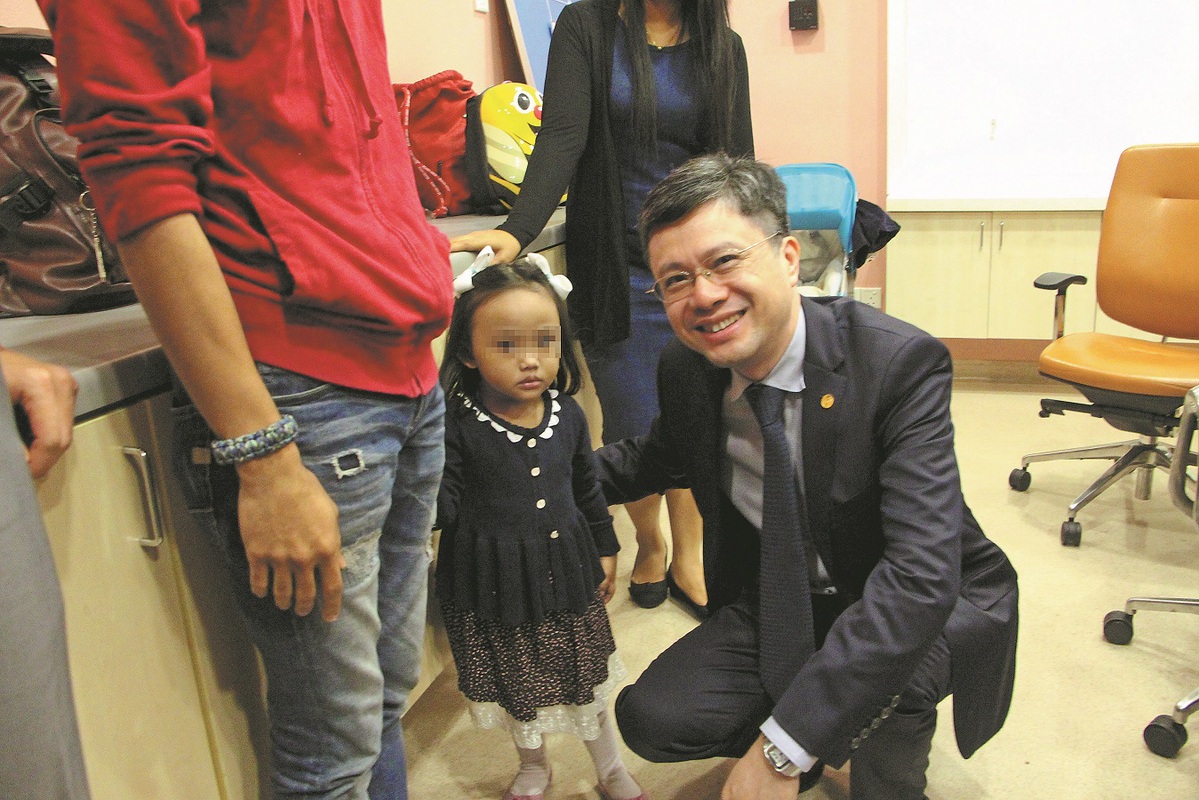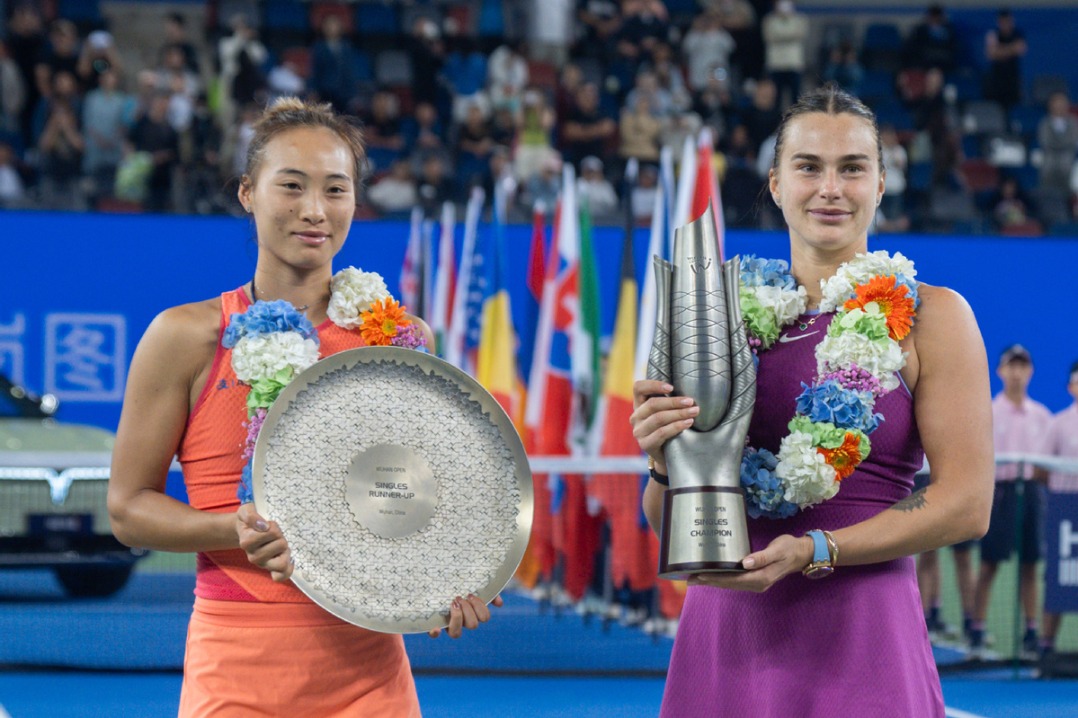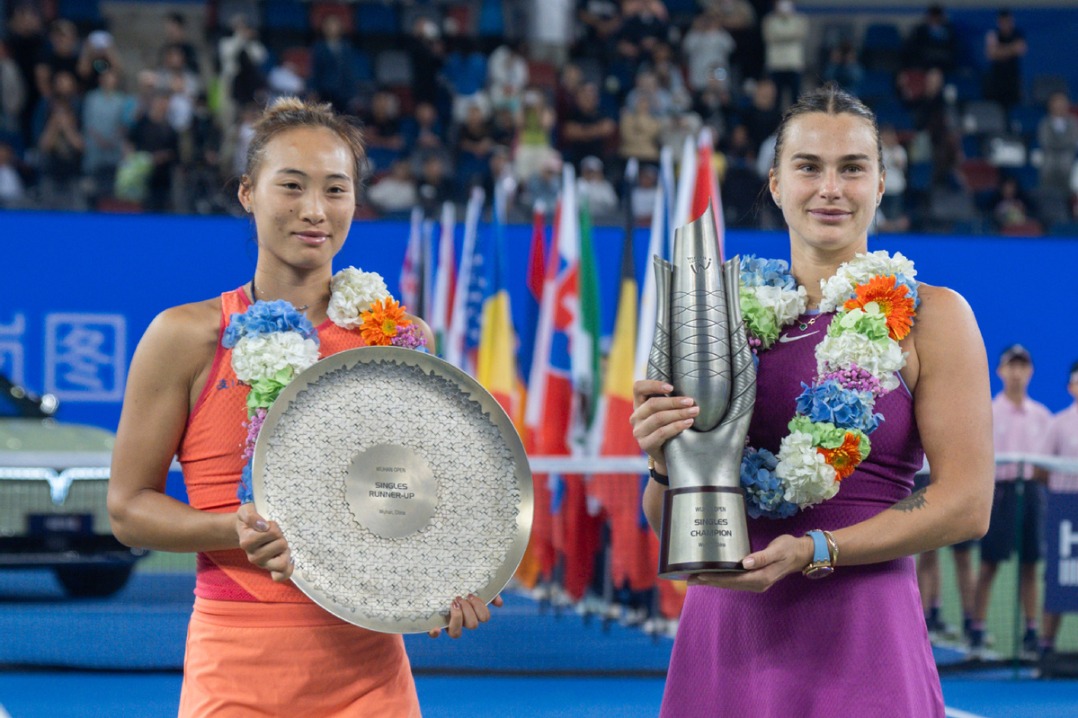Niche tourism sector gains healthy advantage in Shanghai
Hospital pilot program looks at ways to improve services for foreigners


The first child from overseas to receive a liver transplant by Xia Qiang, a leading Chinese surgeon in this area, was a 3-year-old girl from Malaysia in 2014.
Over the past decade, more than 3,200 pediatric liver transplants, including 41 for expat babies, have been performed by Xia and his team at Shanghai's Renji Hospital.
Xia is president of the hospital, which has thrived to become the world's largest medical center for liver transplants. The number of pediatric liver transplants completed at the hospital has ranked first globally for 10 consecutive years.
"Although we lagged decades behind some developed countries when we began to perform such transplants, we're now at the most advanced level in the world in this field," Xia said.
"The 10-year survival rate for pediatric liver transplants at our center has reached over 90 percent — higher than what's reported in Europe and the United States," he added.
The successful liver transplants at Renji Hospital epitomize Shanghai's rising international medical standing. The city is home to the country's largest expat community and attracts the highest number of inbound travelers, and its efforts to boost medical services for foreigners have accelerated in recent years.
In September, Shanghai released a work plan for a pilot program for international medical tourism in its public hospitals. Thirteen hospitals with outstanding innovation and technical capacity, as well as experience in treating international patients, were identified to join the program and also asked to look at ways to provide better medical services for foreigners.
To date, nearly 270,000 patient visits have been made under the program, which has generated 1.66 billion yuan ($229 million) in revenue, said the Shanghai Health Commission.
All medical institutions in the city not involved in the pilot program are now also able to provide medical services to foreigners.























